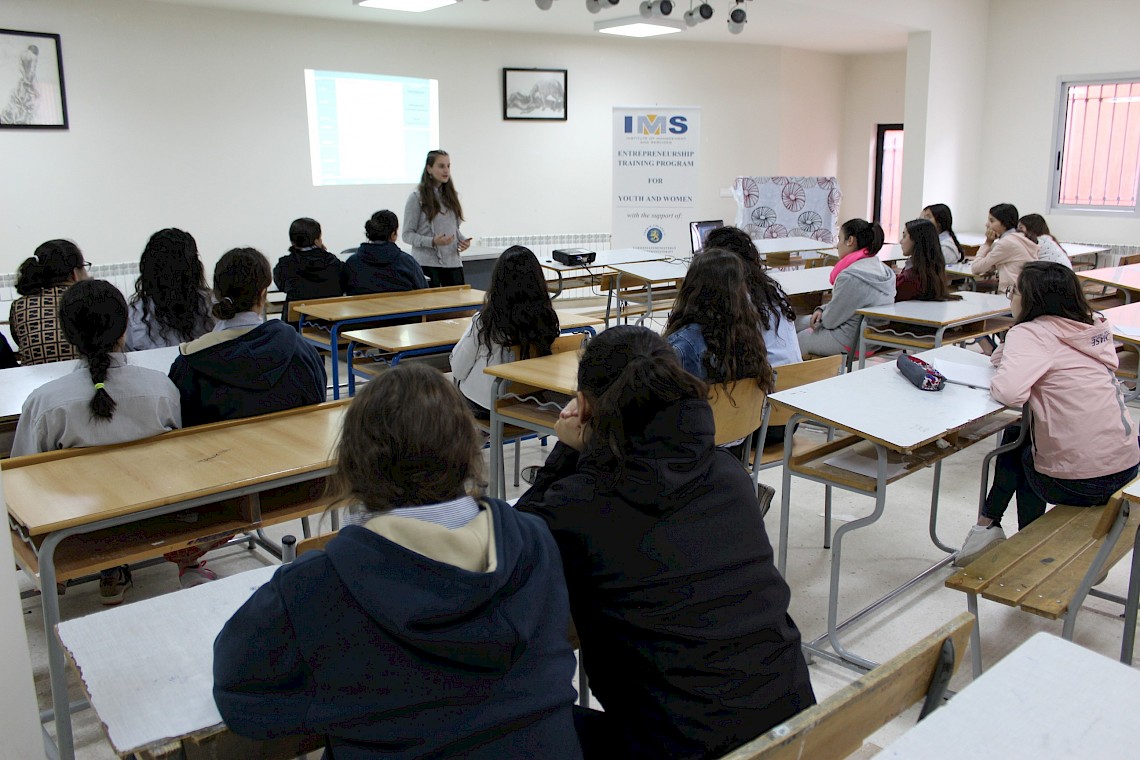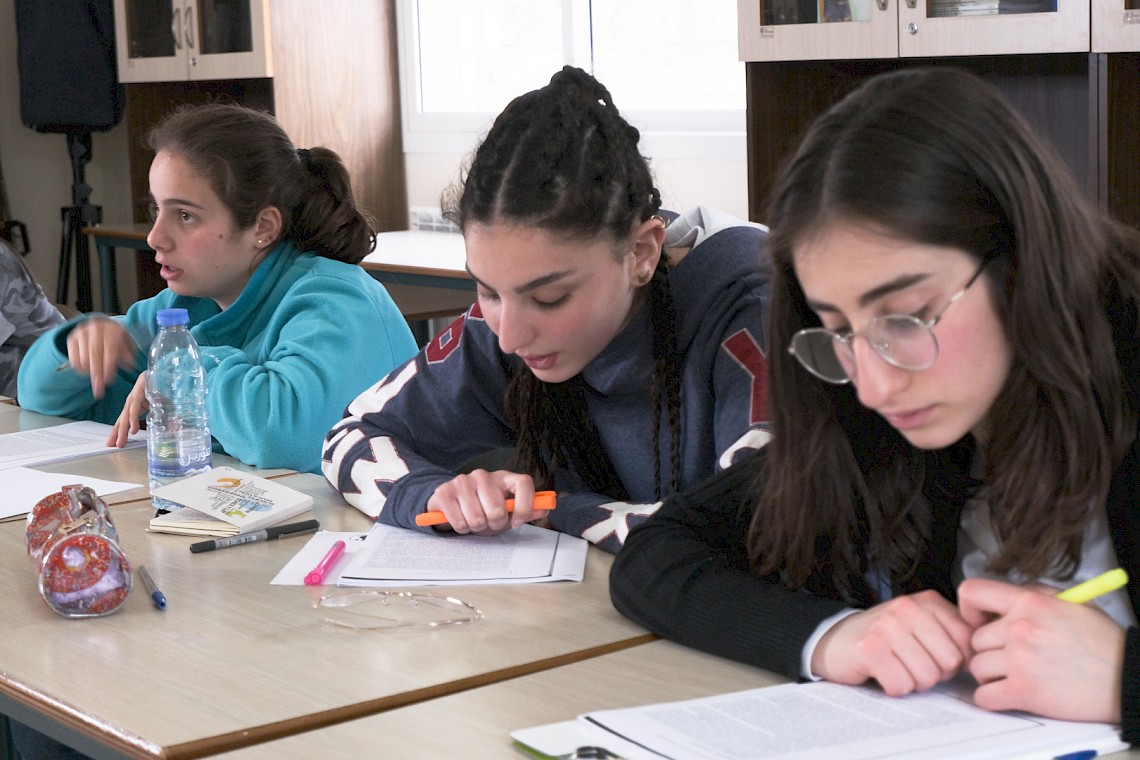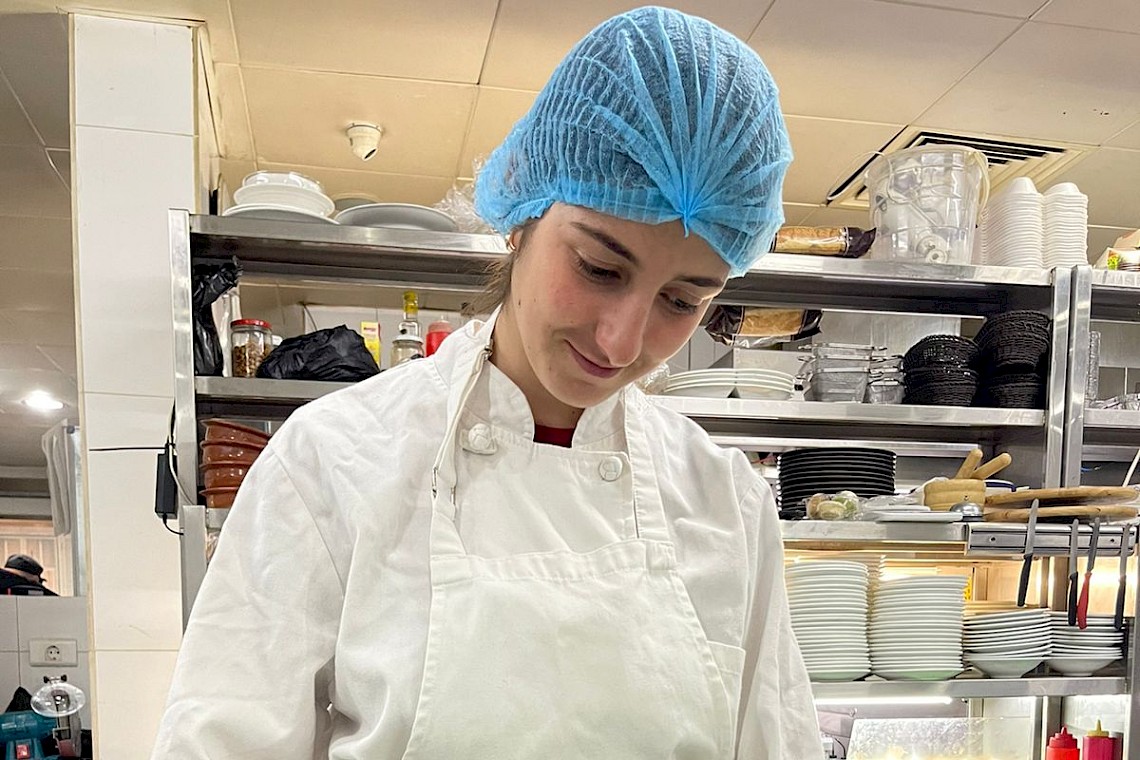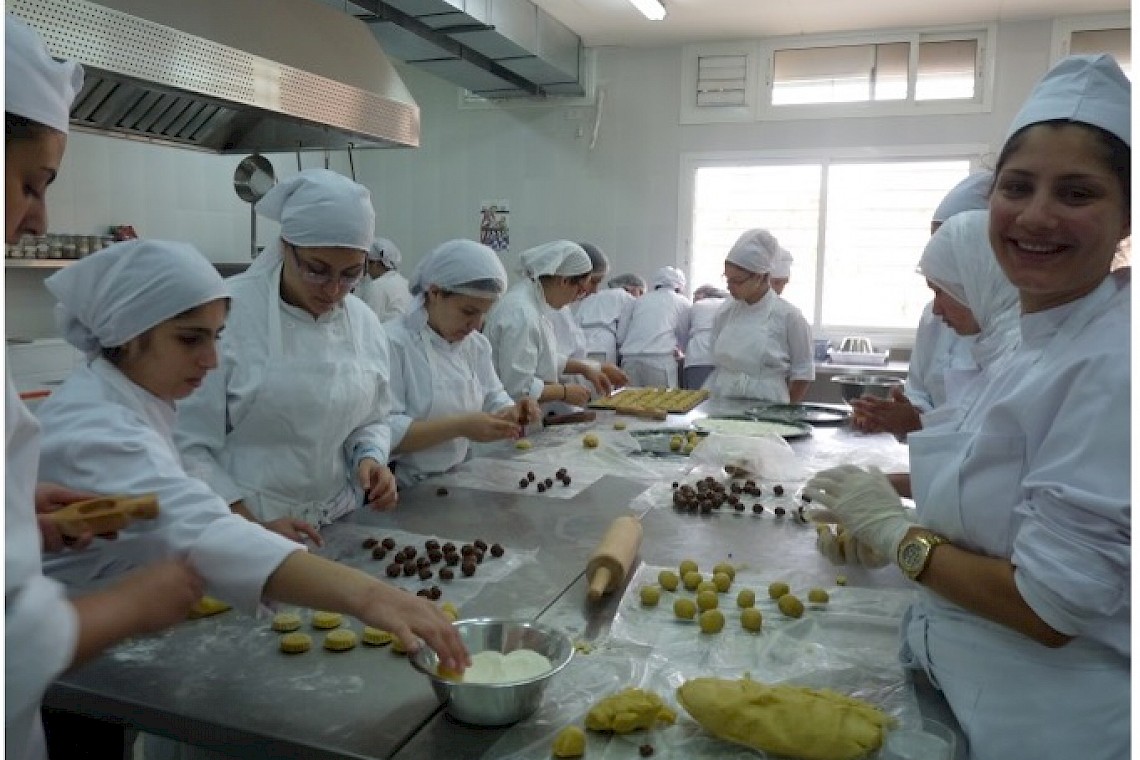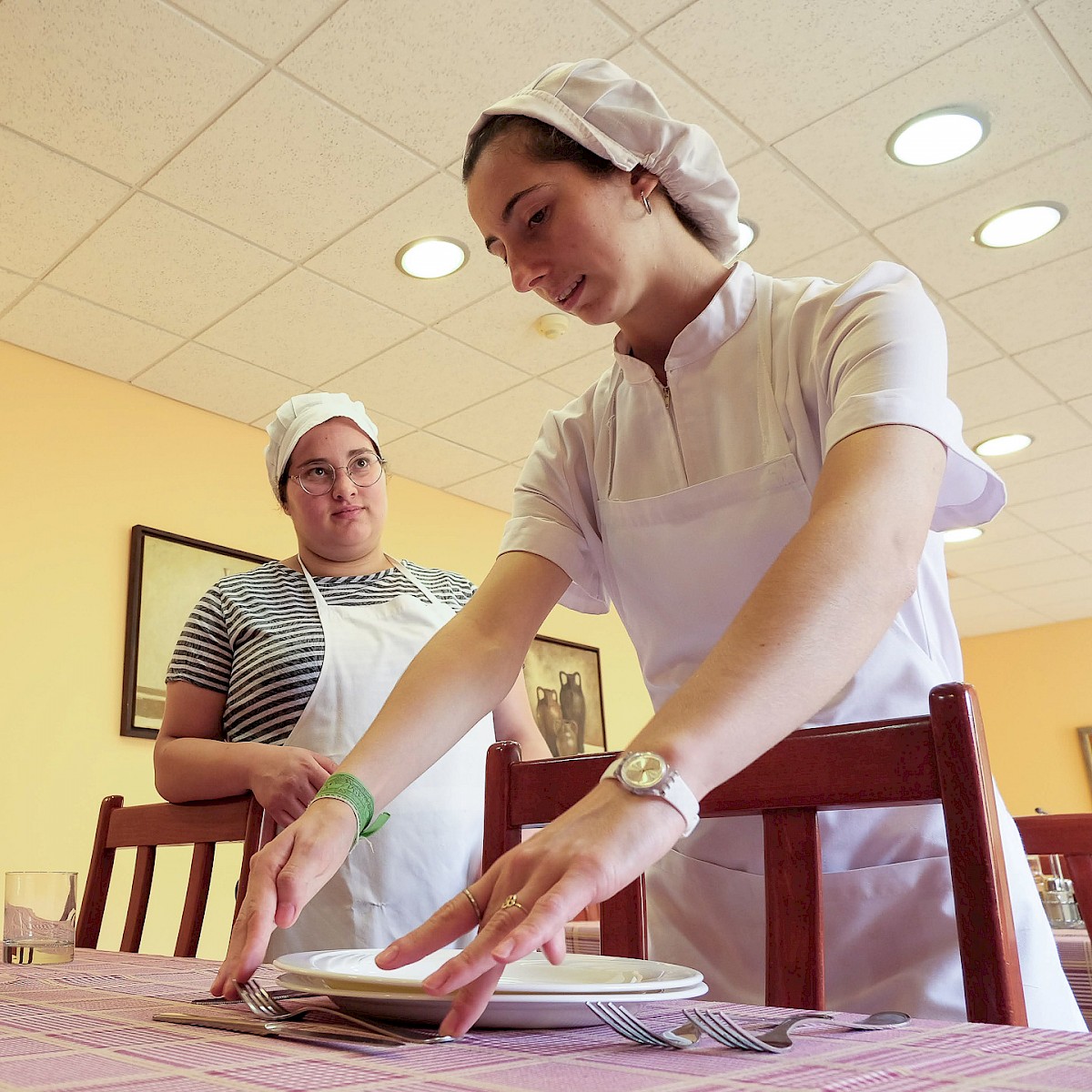
Lebanon
About Lebanon
Lebanon is a small, mountainous country on the eastern shore of the Mediterranean Sea, renowned for its historic cities, diverse landscape, and cultural richness. The nation faces profound economic crises, political instability, and infrastructure challenges. Additionally, the Syrian refugee crisis has strained Lebanon's resources, exacerbating social and economic pressures. Lebanon hosts a significant number of Syrian refugees, which adds to the country's diverse religious and ethnic composition. The massive explosion in Beirut's port in August 2020, causing extensive damage and casualties, brought worldwide attention to Lebanon amid its ongoing economic and political crisis.
Our focus in Lebanon
In Lebanon, we partner with PRODES through its subsidiary, the Institute of Management Services (IMS). All our beneficiaries are women, reflecting our commitment to gender equality and empowerment. Our investments are targeted at vocational training in the fields of hospitality, tourism, and gastronomy. We have successfully skilled girls and young women from rural areas, providing them with opportunities for a better future. Additionally, we support IMS institutionally and strategically to amplify their impact.
Our projects in Lebanon
Education for employment of Lebanese rural women through the Establishment of the Dual System in Hospitality
564 100€
Women and youth
2023 – 2026
The Inter-Cultur and IMS project aims to provide decent work for women in Lebanon's hospitality sector by integrating the private sector into the education process through the Dual model approach. This methodology trains women for qualified employment, enhances companies' human rights standards, and addresses the lack of decent work for rural women in a male-dominated labor market, ultimately aiming to improve women's societal status and their role in economic development.
New Citizens: employability program for young women in Lebanon
152 940€
Women and youth
2019 – 2020
Migration in Lebanon has escalated due to limited job opportunities, particularly in women-dominated fields like nursing and hospitality, despite high demand. A project aimed to counter this by guiding students, school staff, and parents toward in-demand careers through modular training programs, fostering rural development and better career choices. Additionally, the project empowered youth to become active citizens and social entrepreneurs, offering tools and awareness to address societal issues and reduce migration as the perceived only option.
A profession for all: professional training for countryside women – Phase II
90 000€
Women
2017 – 2018
The second phase of Inter-Cultur's and IMS's "A Profession for All" project focused on strengthening the socio-economic capacities of women microenterprise owners in rural areas through capacity building and professional training. To combat youth migration to cities, the project also implemented vocational training, entrepreneurship, and soft skills programs for young women, enhancing local economic growth and community development.
A profession for all: professional training for countryside women
90 900€
Women
2013 – 2015
Inter-Cultur's first project in Lebanon with PRODES aimed to empower rural women and youth by enhancing entrepreneurship skills and promoting job creation, particularly in hospitality management. The project resulted in significant outcomes, including the professionalization of local businesses, the establishment of numerous youth-led entrepreneurship projects, and strengthened training capabilities within PRODES, supported by local authorities and civil society organizations.
